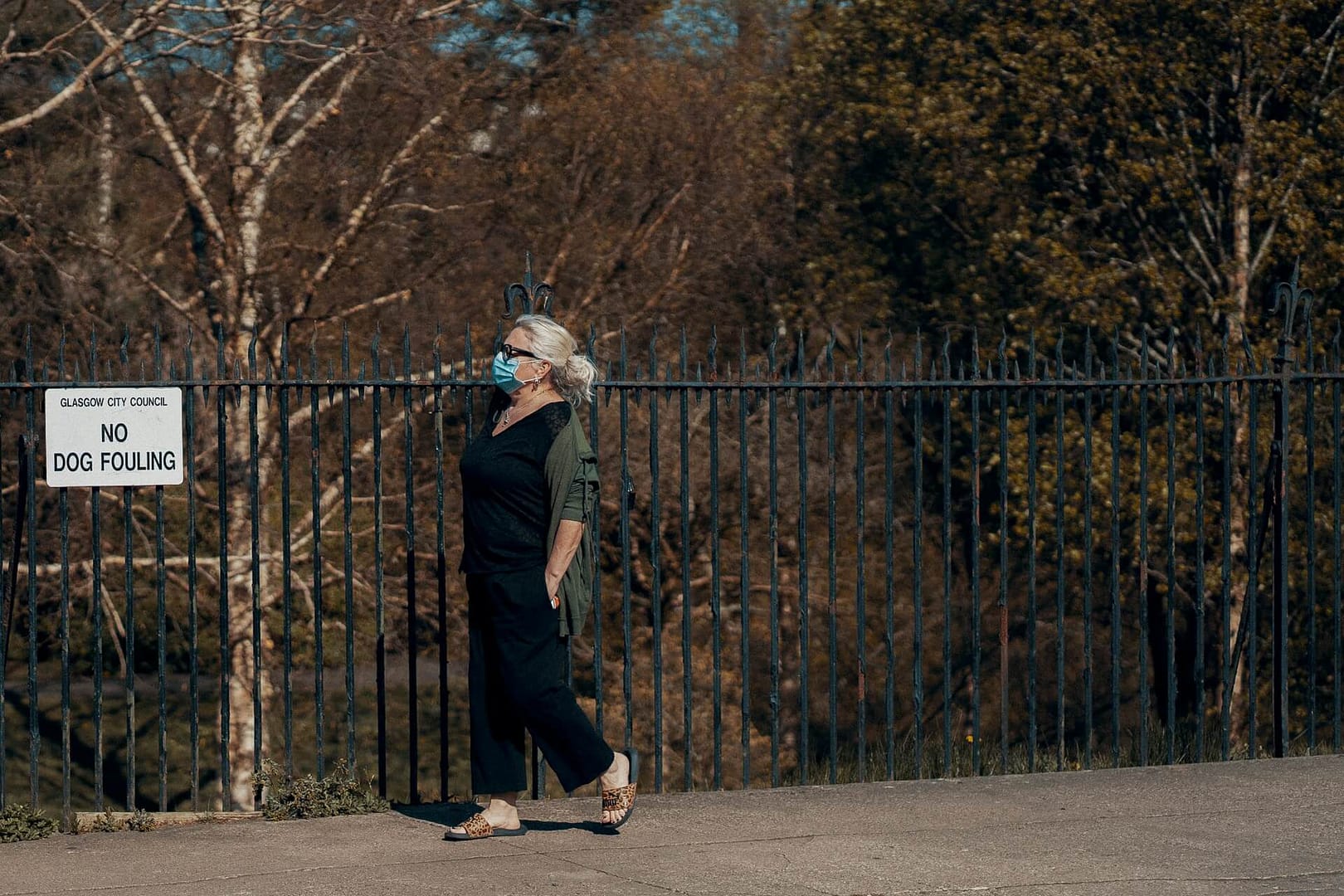Housing disrepair claims and costs are two topics that are often discussed together, especially when it comes to rented properties. When a property is in a poor state of disrepair, it can cause a range of problems for tenants, including health issues and safety hazards. In this article, we’ll explore what constitutes a poor state of disrepair, who is responsible for paying for repairs in rented properties, and how housing disrepair claims and costs can impact both tenants and landlords.
What is a Poor State of Disrepair?
A property can be considered in a poor state of disrepair if it has issues that affect its habitability or safety. Some common examples of disrepair include:
- Damp and mould
- Leaks and water damage
- Broken or faulty heating systems
- Electrical hazards
- Pest infestations
- Structural damage
These issues can have a significant impact on the quality of life of tenants, and in some cases, can even be life-threatening. For example, damp and mould can cause respiratory problems, while electrical hazards can result in fires or electric shocks. It’s essential that landlords ensure that their properties are safe and habitable for tenants, and that any issues are addressed promptly.
Who Pays for Repairs in Rented Properties?
When it comes to paying for repairs in rented properties, the responsibility can depend on a range of factors, including the terms of the tenancy agreement and the nature of the repair needed. Generally, landlords are responsible for ensuring that their properties are maintained in a good state of repair, and that any issues that arise are addressed promptly.
However, tenants also have a responsibility to report any issues to their landlords as soon as they become aware of them. Failure to report issues in a timely manner can result in tenants being held responsible for the cost of repairs. It’s important for both landlords and tenants to be aware of their respective responsibilities and to communicate effectively when issues arise.
Housing Disrepair Claims and Costs
If a landlord fails to carry out necessary repairs, or if they carry out substandard repairs, tenants may be able to make a housing disrepair claim. These claims can be made through the courts and can result in compensation for tenants.
The cost of housing disrepair claims can be significant for landlords, both in terms of legal fees and compensation payments. In some cases, landlords may also face fines or other penalties for failing to maintain their properties properly. For this reason, it’s essential that landlords take their responsibilities seriously and ensure that their properties are in a good state of repair at all times.
Is it Illegal to Let a House in Disrepair?
While there is no specific law that prohibits landlords from letting properties in a state of disrepair, there are legal requirements that landlords must meet to ensure that their properties are safe and habitable. These requirements are set out in the Landlord and Tenant Act 1985, which stipulates that landlords have a responsibility to maintain their properties in a good state of repair and to ensure that they are free from hazards that could pose a risk to tenants’ health or safety.
Landlords who fail to meet these requirements can be held liable for any harm that their tenants suffer as a result of their negligence. This can include compensation claims for personal injury, as well as fines and penalties for failing to comply with the law. For this reason, it’s essential that landlords take their responsibilities seriously and ensure that their properties are maintained in a good state of repair at all times.
If your house that you are renting is in a state of disrepair, you should contact us at National Claims, where we will be able to provide you with further information on your claims process.

How much compensation for housing disrepair?
For an accurate estimate of the compensation you’re entitled to for your housing disrepair, we suggest you complete one of our claims forms, available throughout our website.
Conclusion
Housing disrepair claims and costs can have a significant impact on both tenants and landlords. While landlords have a responsibility to maintain their properties in a good state of repair, tenants also have a responsibility to report any issues to their landlords as soon as they become aware of them. By communicating effectively and taking responsibility for their respective roles, landlords and tenants can help to ensure that rented properties are safe and habitable for all.
It’s also important for landlords to understand their legal obligations under the Landlord and Tenant Act 1985, and to take steps to ensure that their properties are free from hazards that could pose a risk to tenants’ health or safety. Failure to comply with these requirements can result in significant legal and financial consequences, including compensation claims and fines. By prioritizing property maintenance and complying with the law, landlords can protect both their tenants and their own interests.
Contact us today for further information on starting your housing disrepair claim.
Note: You can only make a claim if you are currently living in social housing.
Click below to see why we are one of the most trusted claims management companies in the UK.





